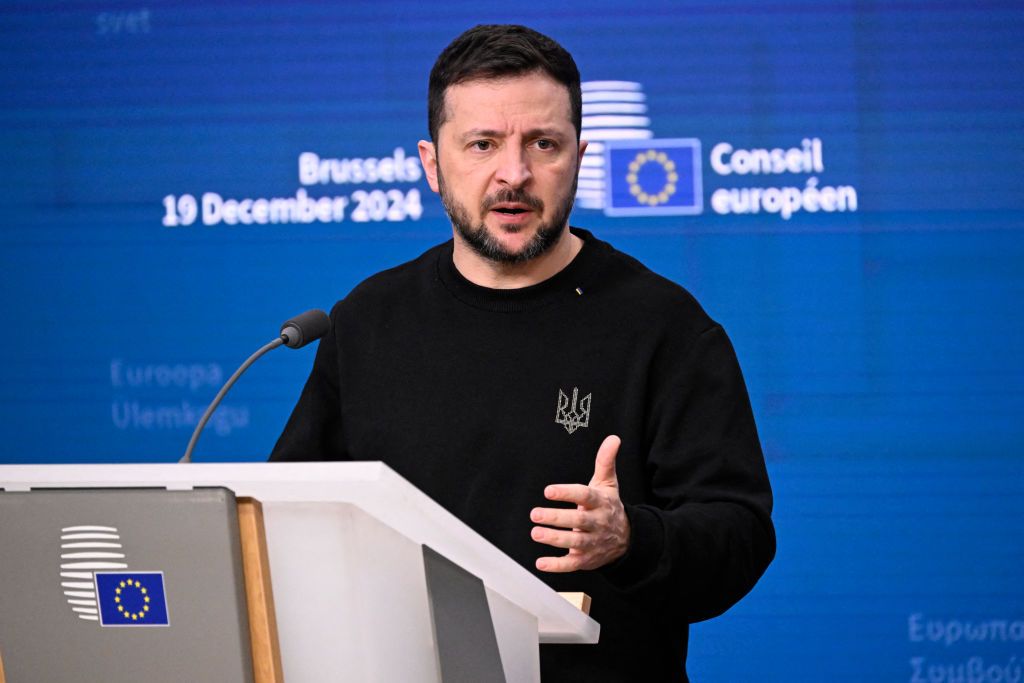End of Ukraine gas transit has no effect on EU energy market stability, European Commission says

The EU energy market remains stable following the end of the Russian gas transit through Ukraine, European Commission spokesperson Anna-Kaisa Itkonen said at a briefing in Brussels on Jan. 6.
Ukraine terminated Russian natural gas transit through its territory on Jan. 1. Kyiv has repeatedly warned that it would not extend the agreement when it expires at the end of 2024 because it did not want to finance Russia's war.
"We have been working intensely for over a year with our member states and with Ukraine as well to prepare in advance for this scenario," the spokesperson said.
When asked about whether such a move caused any kind of emergency in Slovakia, she said that the Gas Coordination Group held talks last week and concluded that "there are no security supplies issues or concerns for the European Union following the end of the transit."
"The markets had already factored in at the end of transit agreement. And we have not seen price spikes in the new year," Itkonen added.
While the EU has made efforts to reduce dependency on Russian fossil fuels following the full-scale invasion of Ukraine, many countries remain reliant on Russian gas.
Hungarian Prime Minister Viktor Orban and his Slovak counterpart Robert Fico have been among some of the most vocal opponents of Ukraine's decision to stop Russian gas transit.
In his New Year's address, Fico said that stopping Russian gas transit through Ukraine would have "radical consequences" for everyone in the European Union, but not for Russia. Fico claimed that gas and electricity prices in Europe would rise.
Fico previously threatened to cut off electricity supplies to Ukraine amid increasing blackouts due to Russian attacks targeting Ukraine's energy infrastructure.













